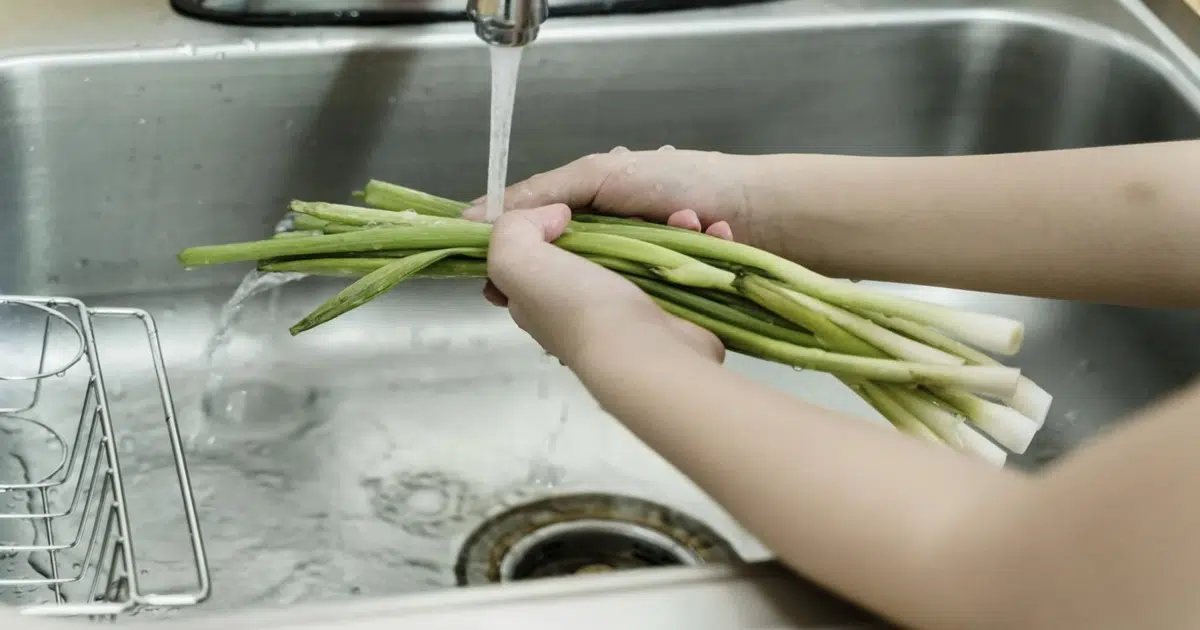There are lots weird of things on the internet, and I often find myself going down rabbit holes of the most surprising subjects. I read some advice about cleaning last week, and let me tell you, the world is a funny place! But it’s not just cleaning tips that interest me — I’m very into what’s to eat and what to cook. What is most interesting to me is that only now are we beginning to learn the truth about what is actually in our food.
Speaking of food, here’s a little guilty pleasure: I’m not the greatest in the kitchen when it comes to cooking. I can cook an okay meal, to be sure, but more often than not, I’m Googling “how to boil an egg” or “can you eat this if it’s expired?” (Spoiler alert: that yogurt was yet another bad idea.) So when I came across a rundown of foods you shouldn’t wash before cooking, my first reaction was, “Wait, what?” I honestly thought we were doing everything we were supposed to do.
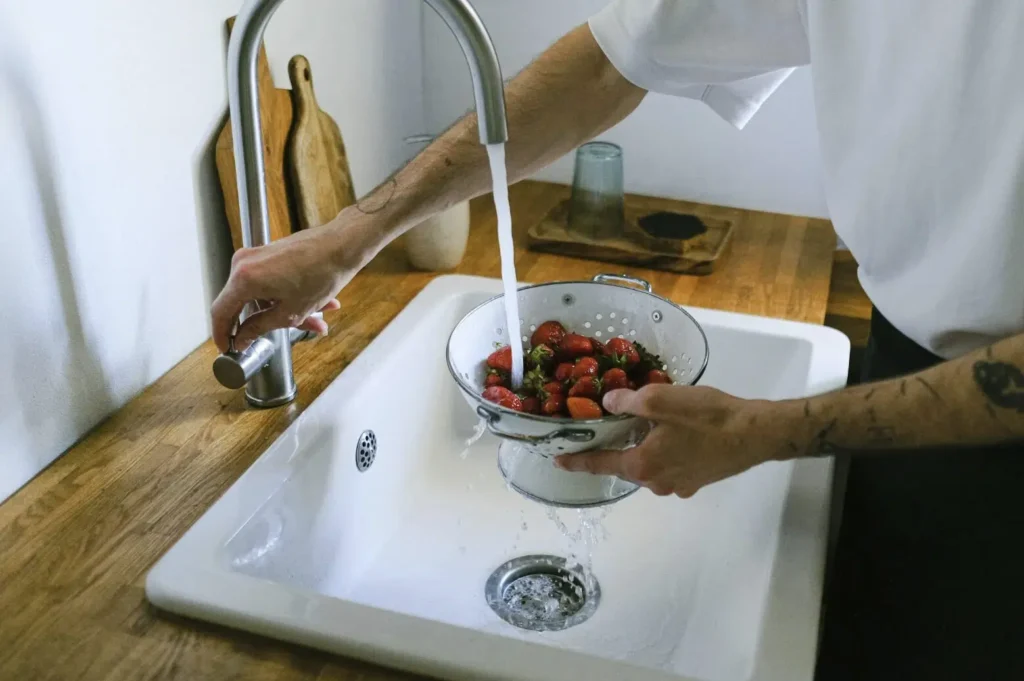
In my family, cleaning everything was a form of papal law and not taken lightly. If it went anywhere near the stove, it was first given a good rinse. My mother always made me do this, and if I’m being honest, I’ve totally kept up this tradition well into my adult years, too. However, there are a few foods that don’t require washing. I was surprised to find that some foods can actually be worse off after a good wash. So I thought I’d pass it along. I have some ideas that might just change your kitchen life.
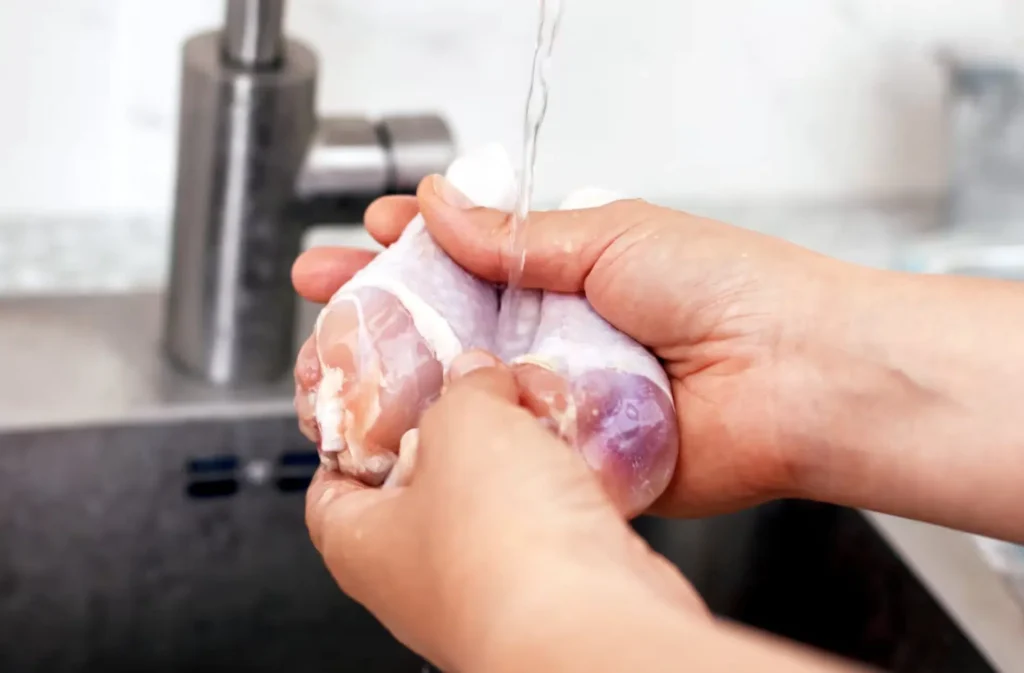
Chicken and Red Meat
This one was mind-blowing to me when I heard it for the first time. If you’re anything like me, you’ve likely washed your chicken or red meat under the faucet to remove bacteria or whatever. But interestingly enough, rinsing that raw chicken or red meat doesn’t just spread salmonella bacteria around your kitchen; it increases the risk of contamination. The water may splash bacteria onto your countertops, utensils, or other foods in your kitchen. Therefore, it’s best to take your chicken or red meat from the package straight to the pan. Cooking it to a certain temperature — 165°F for chicken, 160°F for red meat — kills the bacteria, so it doesn’t need to be washed.
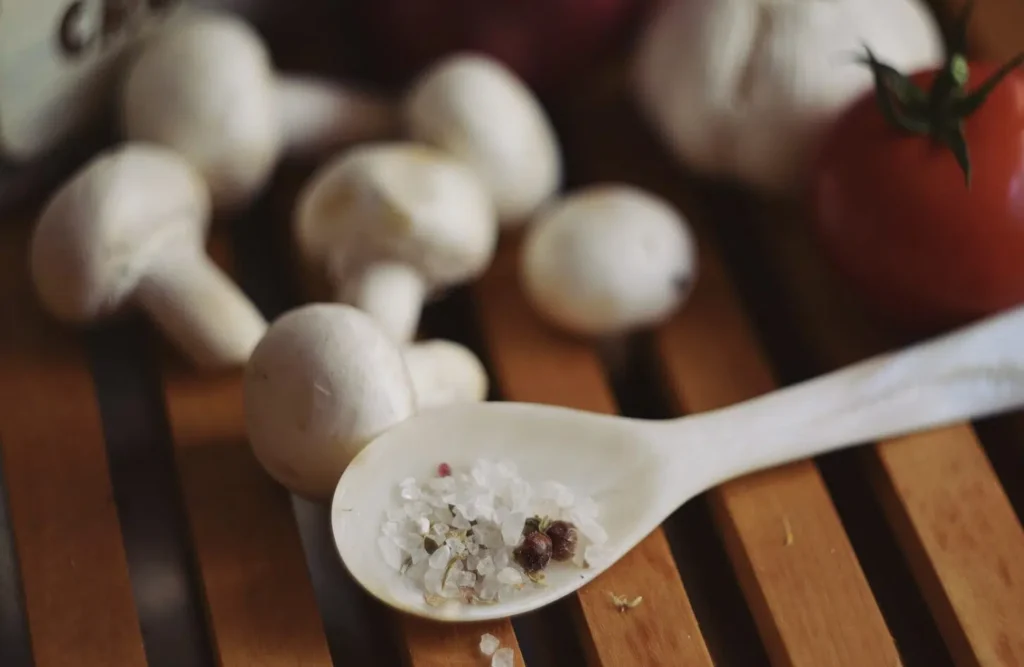
Mushrooms
Mushrooms are so yummy, but I hated how they got mushy when you washed them. It turns out I was doing it all wrong. Mushrooms are sponges and will take on water like it’s their last meal. When you wash them, they absorb water and turn mushy, slippery, and dull when cooked. To prepare mushrooms, wipe each one with a damp cloth or paper towel instead of washing them. This way, they’ll be just as dry and ready to soak up all the flavors.
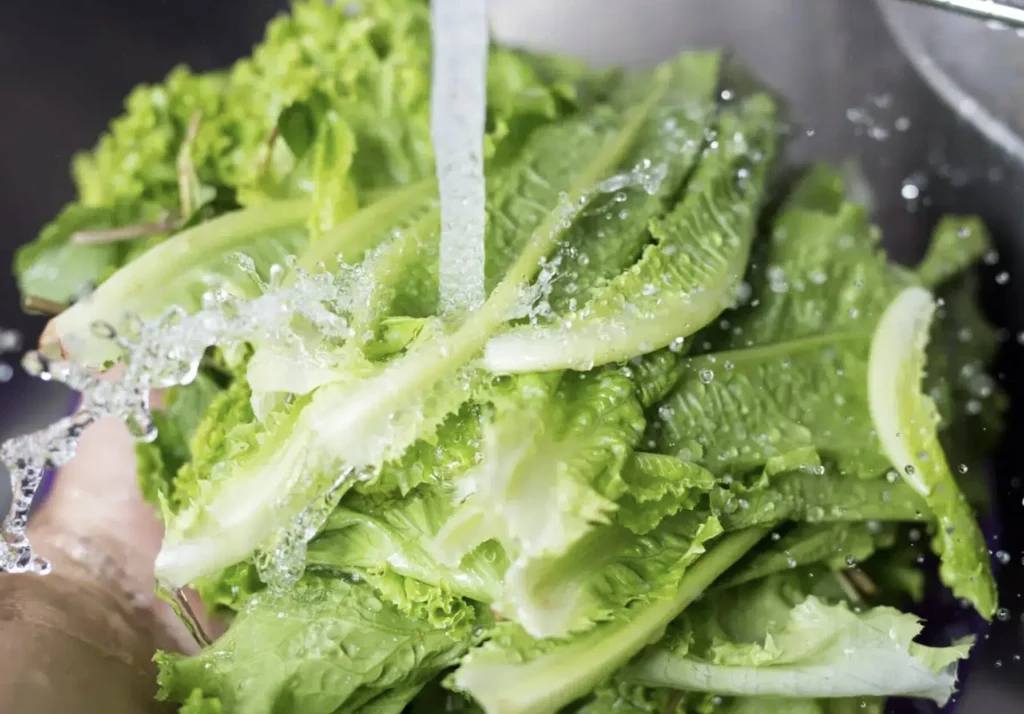
Pre-Washed Salad Greens
Have you ever bought one of those premade, ready-to-eat salads? Things marked with “pre-made” are my most fave! Ha! The ones that are marked ‘triple-washed’ or ‘ready-to-eat,’ perhaps? I buy them all the time and whenever my mother-in-law sees me not washing them, she almost has a heart-attack! Here’s a little hack: you don’t need to rinse them again. Indeed, re-washing may actually transfer more bacteria from the sink or the counter onto them. You can cook them straight out of the packet — no need to wash or disinfect, as the leaves have been washed and sanitized multiple times before they’re bagged and shipped. This is one less step, and your greens will remain fresh and uncontaminated.
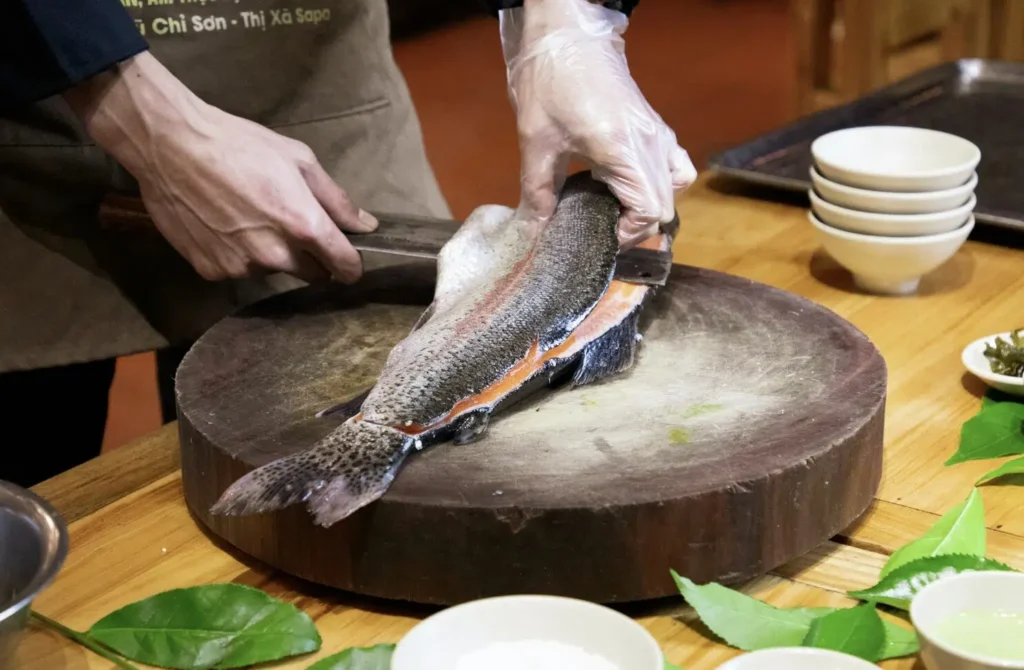
Fish
Don’t wash fish; you’ll only be spraying bacteria around your kitchen. But there’s another reason not to rinse: fish is fragile, and water can cause it to become soft and mushy. If the fish tastes a bit off, it’s likely because it was rinsed prior to cooking. Instead of rinsing, let the fish sit at room temperature and then dry it with a paper towel. This not only prevents the bacteria from spreading, but it makes sure the fish doesn’t stick to the pan and you don’t end up with a big mess.
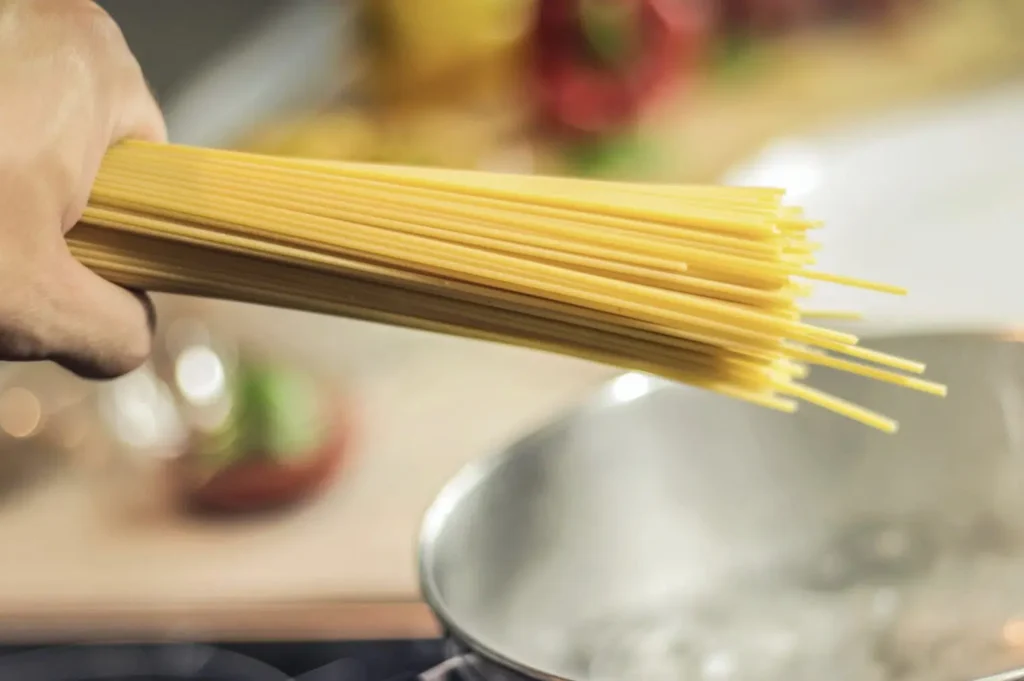
Pasta
This one’s a little strange; here’s why. You know how some people rinse their pasta after boiling it? I used to do that, thinking it would prevent the noodles from sticking to one another. But the rinse water used to cook the pasta strips the pasta of starch, which normally helps act as a glue to keep the sauce on the pasta. So instead of something delicious, you end up with slippery, unsauced pasta. So next time you’re boiling pasta, don’t rinse it — just dump that globby mass straight into the sauce.
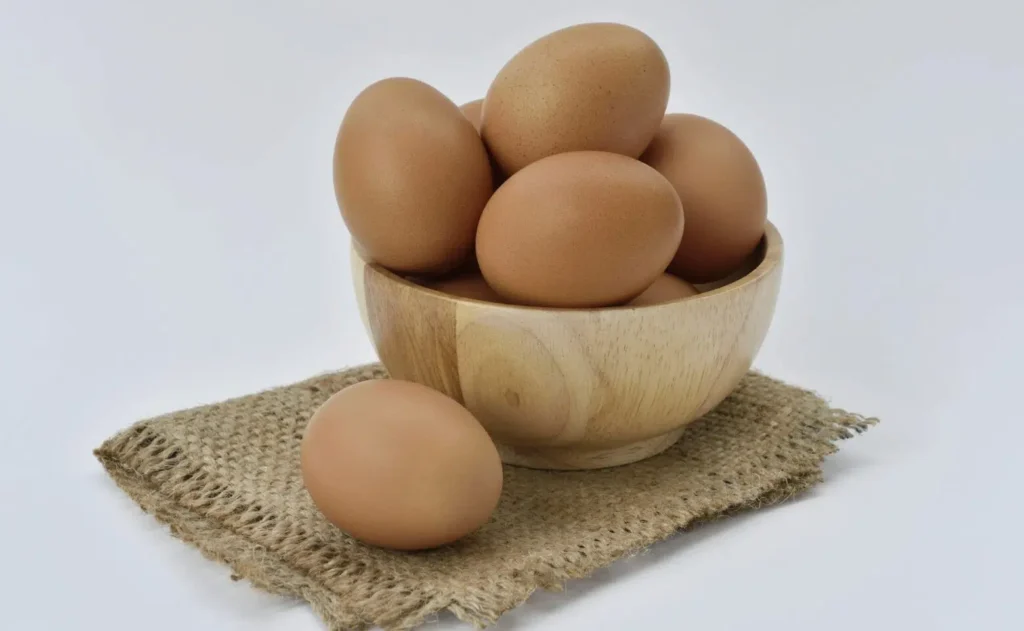
Eggs
Here’s a shocker: believe it or not, you are generally advised against washing eggs because you may end up doing more harm than good. I didn’t know that the egg has a natural protection against bacteria, and by washing the egg, you lose that protection. Sometimes, the water can even force bacteria from the shell into the egg. Bottom line: if the eggs aren’t dirty, don’t wash them until you are ready to use them.
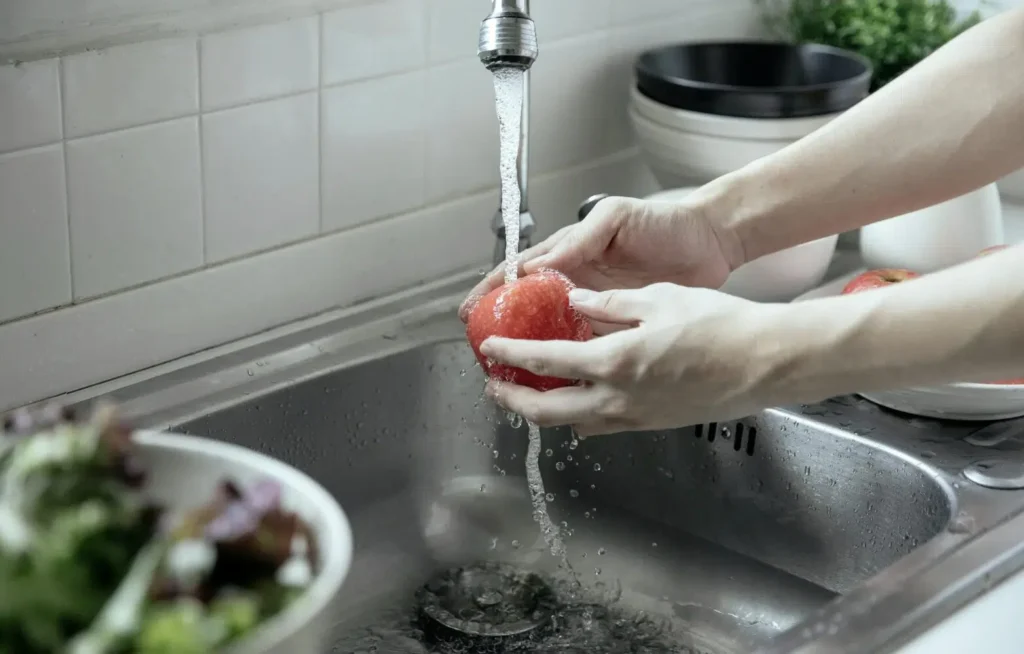
These days, I feel like a total gastronome because I know some of these little secrets in the kitchen. I had no idea that not washing some foods could make that much of a difference. So the next time you’re in the kitchen, don’t rush to wash everything in the sink. So, whether you’re a chef or a learner cook like me, keep these tips in mind, cook with confidence and don’t let anyone tell you otherwise(*hint hint* my mother-in-law).

